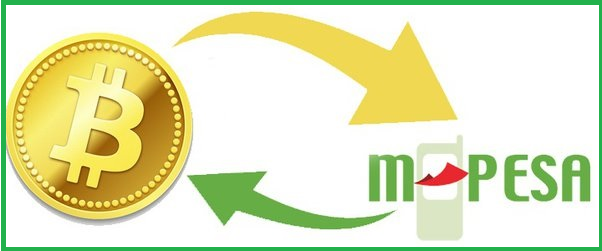Trade Cabinet Secretary Salim Mvurya has proposed allowing private entities to be allowed to engage in standard testing of products through the Kenya Bureau of Standards (KEBS).
Speaking during the Bureau’s 50th Anniversary in Nairobi on Monday, CS Mvurya proposed that accreditation for product testing should be provided to private players to achieve a more global perspective of quality standards.
According to the former Mining CS, allowing private entities to perform similar functions as the government parastatal would help Kenyan products rank high in the global markets.
The CS while reiterating his stand on the matter, cast doubt over the bureau’s capability to withstand the ever-changing global dynamics, stating that the changing global perspective demanded an immediate shift by the Bureau to adopt modern measures.
“There are many things that are changing across the globe, in terms of products, services, technology and many others, I think KEBS needs to take a strategic shift where we look at partnering with the private sector and other investors,” the CS stated.
“Because I am sure KEBS cannot have the capacity to do everything including the labs we have now, we need to see how we can work with the private sector so that we can have accreditation of other facilities that are beyond the capacity of KEBS.”
During the meeting, Head of Public Service Felix Koskei sounded a stern warning to KEBS officials over what he termed as alleged corruption and laxity in work by employees at the entity. According to Koskei, the rising cases of corruption at the body is very concerning since KEBS has a fiduciary responsibility to ensure standards are upheld.
“We cannot say we are celebrating 50 years when people are complaining, and where countries are doubting our recommendations or our testing results. We have witnessed several cases of goods unfit for human consumption mysteriously disappearing, and later to be traced and found in the open market,” Koskei said.
“We are also aware of buildings collapsing due to use of substandard materials. How does that happen? Some of you sit here today are guilty “Koskei highlighted.
The latest development comes against the backdrop of an edible oil scandal where the standards bureau alleged that 32 million litres of fake cooking oil found its way to the market without government approval.
In the expose, KEBS Managing Director Esther Ngari, while appearing before parliamentarians on September 13, informed the legislators that the cooking oil which was bought by the government last year was never authenticated by the agency, raising eyebrows as to how the cooking oil accessed the market without being inspected.
KEBS accused the Kenya National Trading Corporation of allowing the cooking oil to access the market despite the bureau having flagged the edible oil as sub-standard.
Source: kENYANS.CO.KE












